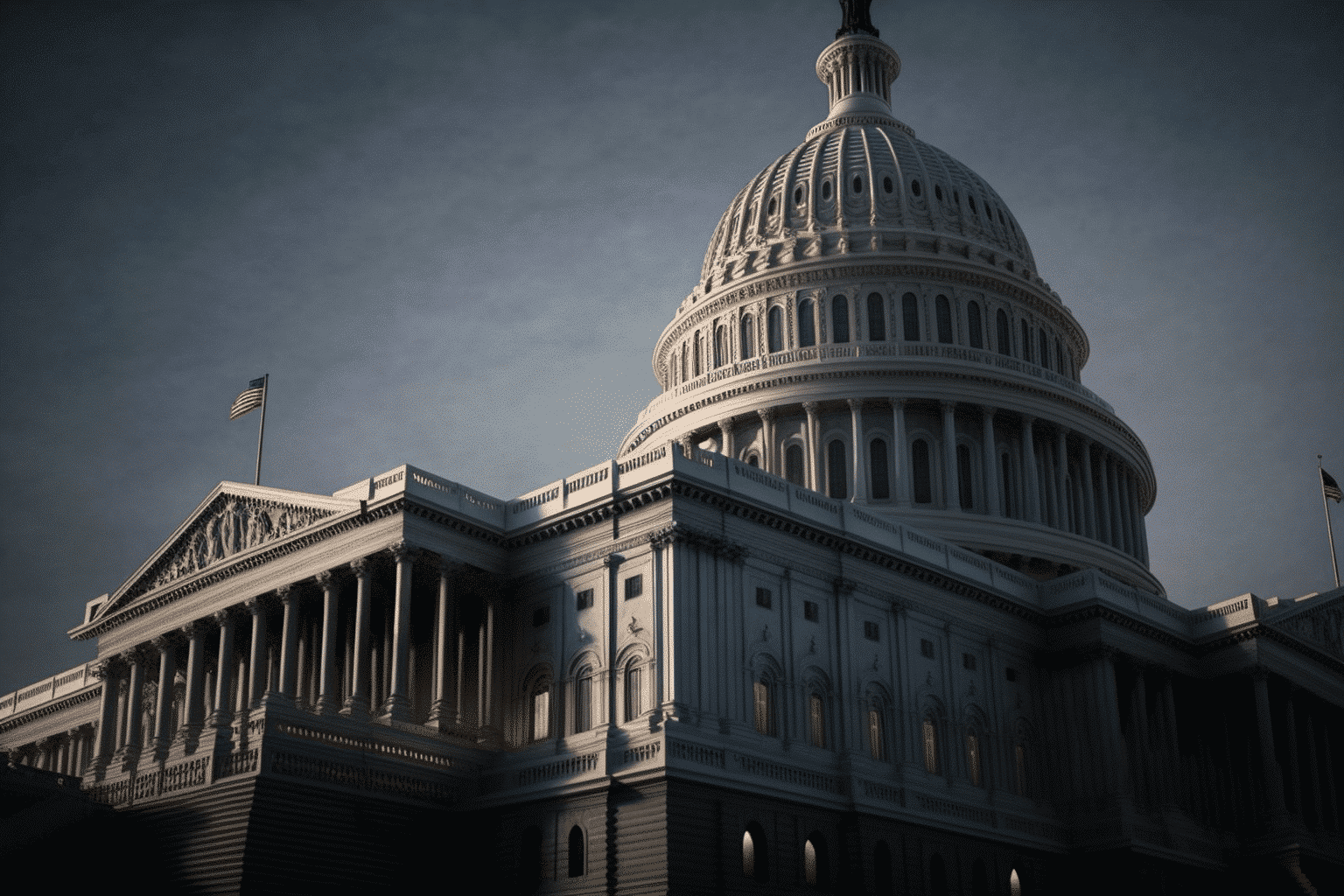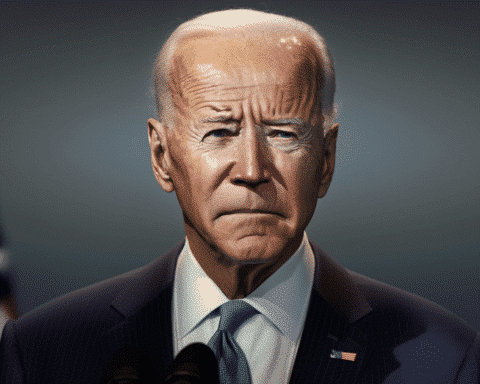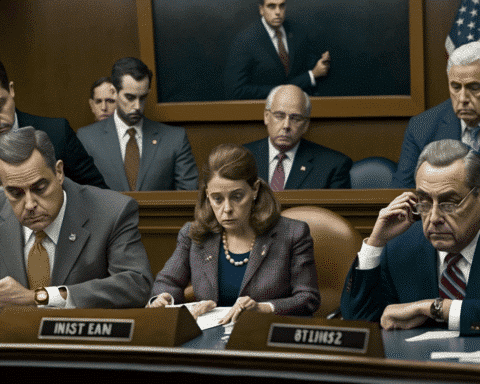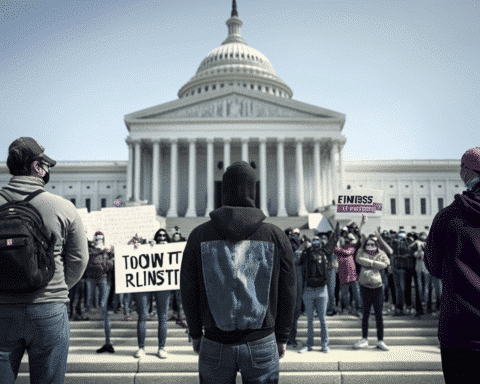The Senate voted on Wednesday to block new crime laws in the District of Columbia and overrule the city government. This came after lawmakers from both parties expressed concern about the rising violent crime rates in cities nationwide. President Joe Biden, who is set to announce his reelection campaign in the coming months, has announced that he will sign the Republican resolution. The resolution passed the Senate 81-14 and was passed by the House last month, marking the first time in over three decades that Congress has nullified the capital city’s laws through disapproval. This also marks a shift in the long-held Democratic stance that the federal government should allow D.C. to govern itself.
The district’s nonvoting delegate in the House, Eleanor Holmes Norton, addressed a rally against the plan, saying, “There are no exceptions, and there is no middle ground on D.C.’s right to self-government.” D.C. Attorney General Brian Schwalb also released a statement: “An attempt to replace the will of District residents with the will of federal politicians elected hundreds of miles away violates the fundamental principles and freedoms of this country.”
Late last year, the D.C. city council approved a new criminal code redefining crimes and changing criminal justice policies. Additionally, many crimes would have mandatory minimum sentences eliminated, and the maximum penalties for burglary, carjacking, and robbery would be reduced. In January, Muriel Bowser vetoed the overhaul citing “significant concerns” with some of the legislation’s provisions.
Bowser’s veto was cited by Senate Democrats who supported the measure, saying the overhaul needs to be reevaluated. The Democratic senators Tim Kaine and Mark Warner urged the mayor and council to work together to create a safer city and said they would vote for the resolution.
Biden’s decision to support the Republican measure surprised many House Democrats and was seen as a “flip-flop” by Senate Republican Leader Mitch McConnell. The White House had previously issued a statement opposing the resolution and calling for D.C. statehood. A later tweet from Biden indicated that he supports D.C. statehood but disagrees with some of the Council’s changes.
While many Democrats supported the bill, some expressed less enthusiasm, with Senate Majority Leader Chuck Schumer stating, “I’m going to vote yes. It was a tough question, but I am voting yes.”
The disapproval of D.C.’s criminal code overhaul has sparked controversy and debates about the district’s autonomy and self-governance. The criminal code, written in 1901 and amended several times since, is seen by criminal justice experts as disproportionately affecting Black people, similar to many other cities.
Defenders of the overhaul argue that the reduced sentences for certain offences would still place the maximum penalties above what most judges would choose. They say the current high sentence maximums have yet to deter crime in the district.
The changes to the criminal code were set to take effect in October 2025 but required a 60-day review period during which Congress and the president could override it, as per the Home Rule Act of the 1970s. Though Congress has imposed various limits on D.C. through spending bills, the formal disapproval process has not been used since 1991.
The Senate’s vote to block D.C.’s criminal code overhaul has sparked debates about the district’s autonomy and self-governance. The changes to the criminal code, aimed at reducing crime and addressing disparities in the justice system, have been met with both support and opposition from lawmakers and advocates. The outcome of this controversy remains to be seen and will continue to be a topic of discussion in the coming days and months.




